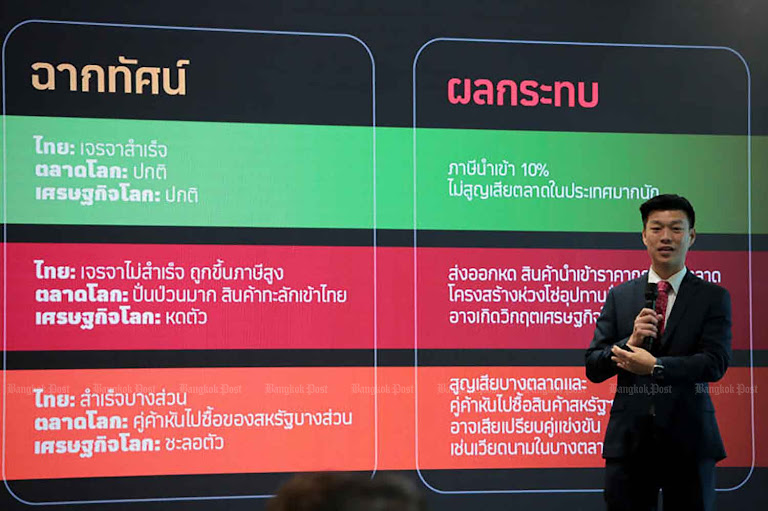People’s Party Falters in Thailand, Local Elections Reveal Weakness
Despite national popularity, the People’s Party struggled in municipal elections due to entrenched local power networks and voter apathy.

The People’s Party (PP), once riding high after a strong showing in the 2023 general election, is now facing a stark reality check. The recent municipal elections in Thailand paint a picture of a party struggling to translate national-level support into local victories. As reported by the Bangkok Post, “[the big blow for PP in local polls](https://www.bangkokpost.com/thailand/politics/3023931/big-blow-for-pp-in-local-polls)” exposes deeper vulnerabilities than simply a bad election cycle. This isn’t just about a single set of results; it’s about the systemic challenges facing any political movement attempting to disrupt deeply entrenched power structures.
The PP’s poor performance, marked by losses in key Nakhon municipalities and limited success even in smaller Tambon areas, raises crucial questions about its strategy and the very nature of political change in Thailand. It suggests that national-level popularity, even when fueled by a significant vote share as the PP achieved previously, doesn’t automatically translate into local dominance.
The persistence of “old-school politics,” as one political science expert noted, is a key factor. Local political clans, with their established networks and deep roots in the community, continue to exert considerable influence. This presents a formidable barrier for any party, regardless of its national standing, seeking to unseat incumbents or challenge the status quo. It underscores the importance of understanding that politics, even in an increasingly interconnected world, remains profoundly local.
These election results highlight a few key factors that are vital for political parties to consider:
- The Power of Local Networks: The established relationships and patronage systems cultivated by local political families often outweigh national-level messaging or policy platforms.
- Voter Apathy and Cynicism: A widespread belief that local elections are inconsequential and that “the winners are still the same old faces” can depress voter turnout, particularly among those who might be inclined to support alternative candidates.
- The Difficulty of Maintaining Momentum: Converting initial enthusiasm and support from a general election into sustained success at the local level requires significant resources and a sophisticated understanding of local dynamics.
The PP’s failure to capitalize on its previous success raises a broader question: Is national political reform even possible without a parallel revolution at the local level? Can a party truly transform a country if it remains unable to penetrate the entrenched power structures that dominate its municipalities?
The problem may not be a decline in the party’s ideals, but a weakness in its ability to adapt its message to the nuances of local concerns, or to compete with the resources and established power structures of incumbent figures.
The challenge now facing the PP is not simply to recover lost ground, but to fundamentally reassess its approach to local politics. Recruiting younger members, as suggested by Thanaporn Sriyakul, is a good starting point. The crucial next step is developing strategies to effectively challenge the power of local political clans and build genuine, long-lasting connections with voters at the grassroots level. Because, in the end, national change is built on the foundations of local transformation.









